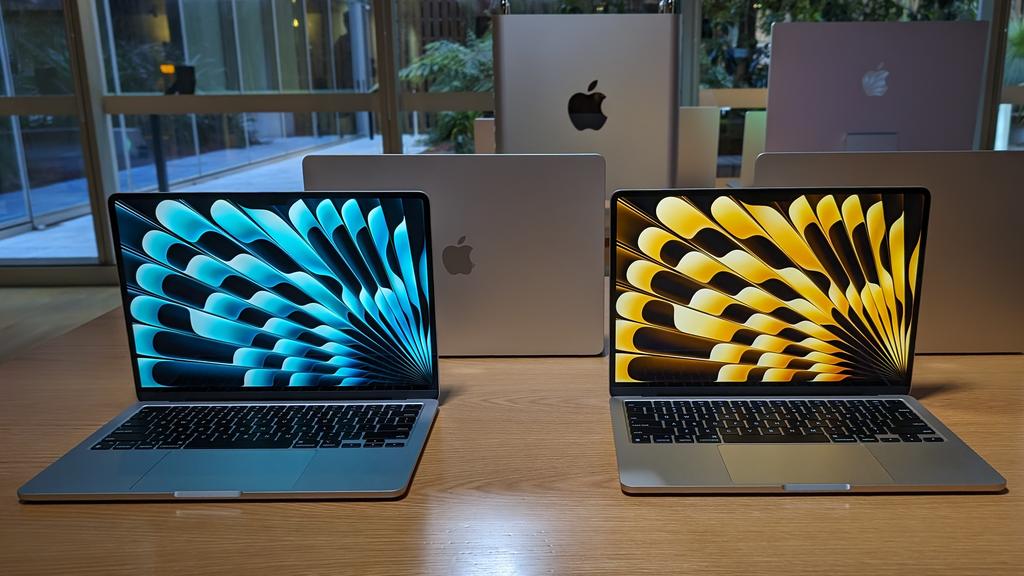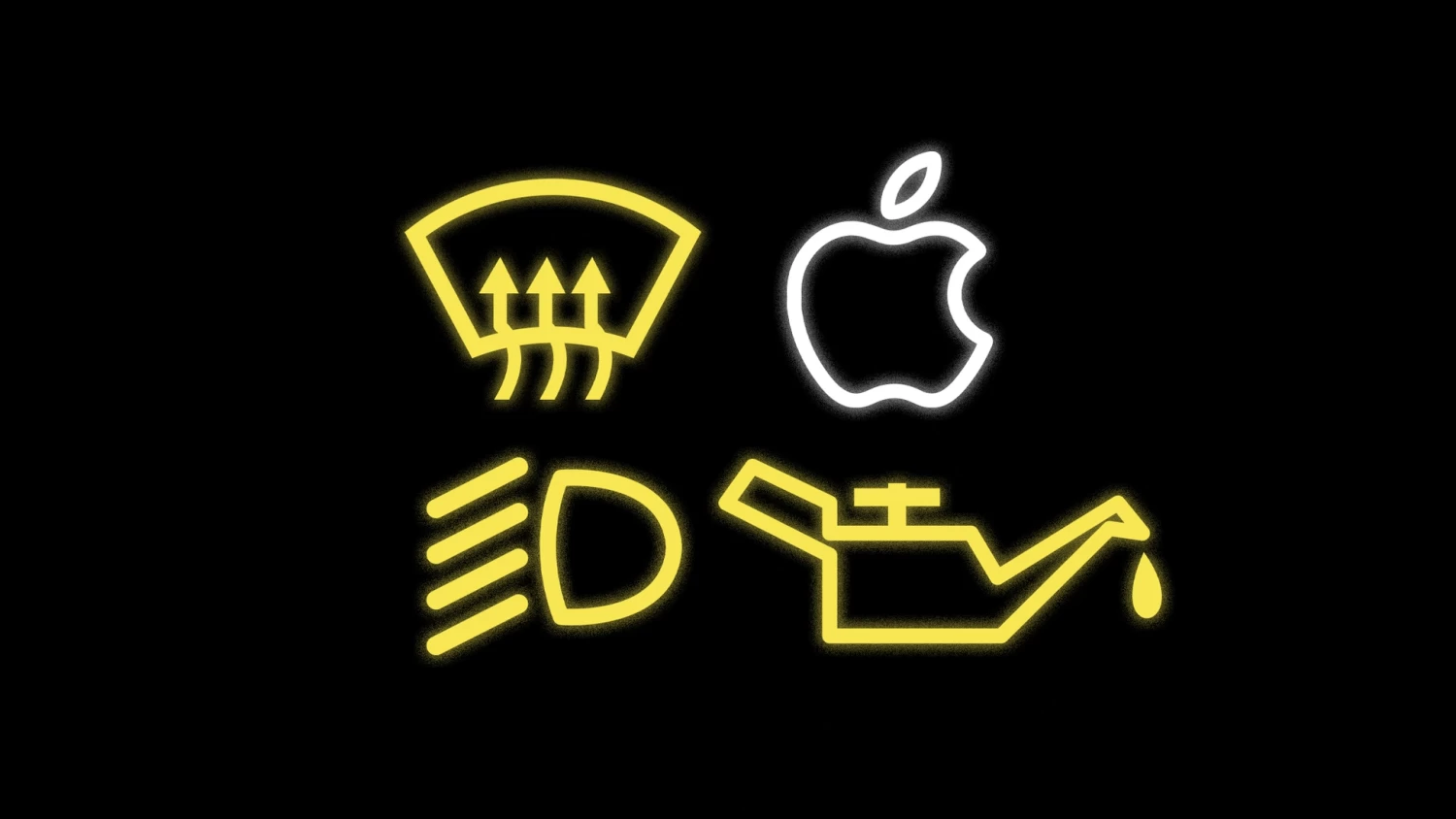This article is more than
4 year oldApple accused of abandoning a plan to encrypt iCloud backups after FBI objection

Apple reportedly abandoned plans to encrypt iCloud backups after the FBI objected.Source:Supplied
Computing giant Apple’s tough talk on customer privacy has been called into question by revelations it may have abandoned a plan to encrypt your iCloud backups at the request of the US FBI.
Apple has recently been locked in a dispute with the US government over two iPhones belonging to a Saudi Arabian aviation student who killed three people and injured eight others in a terrorist shooting at a Florida naval base last month.

US Attorney-General William Barr last week called on Apple to create a backdoor so the FBI could access the data on the phones, but the company said it can’t because it would create a dangerous precedent and compromise the privacy and security of every iPhone the company had sold.
President Donald Trump lashed out at the company on Twitter in response.
We are helping Apple all of the time on TRADE and so many other issues, and yet they refuse to unlock phones used by killers, drug dealers and other violent criminal elements. They will have to step up to the plate and help our great Country, NOW! MAKE AMERICA GREAT AGAIN.
— Donald J. Trump (@realDonaldTrump) January 14, 2020
Privacy has been a popular concern for tech companies in recent years following several massive scandals that showed the tech sector was at least largely ambivalent about protecting our privacy, if they were even of the opinion they had an obligation to do so.
As such, tech companies and figures are quick to bring up their commitment to privacy, even if they don’t go into any detail on what that commitment consists of.
Apple has talked big game on privacy, listing it as one of the company’s “core values”.
Some of the ways the company protects its users is by stopping advertisers following you from site to site in the Safari browser, anonymising your data across a number of apps including Maps, encrypting messages, and moving deep learning capabilities onto devices so information doesn’t need to be sent to the cloud.
It also encrypts your iPhone.
But according to a new report from Reuters, Apple doesn’t fully encrypt backups of your iPhone that are uploaded to your iCloud account, and could even hand them over to the government if asked.
In fact, it’s already done that in the case of the Pensacola shooter.

“Within hours of the FBI’s first request on December 6th, we produced a wide variety of information associated with the investigation,” Apple said in a statement.
“From December 7th through the 14th, we received six additional legal requests and in response provided information including iCloud backups, account information and transactional data for multiple accounts.
“We responded to each request promptly, often within hours, sharing information with FBI offices in Jacksonville, Pensacola and New York.
“The queries resulted in many gigabytes of information that we turned over to investigators. In every instance, we responded with all of the information that we had.
“We have always maintained there is no such thing as a backdoor just for the good guys,” Apple said in response to the request for a backdoor.
“Backdoors can also be exploited by those who threaten our national security and the data security of our customers.”
It’s not the first time Apple has found themselves in this situation.
After receiving a request to unlock an iPhone 5C that belonged to one of the husband-and-wife terrorists behind a 2015 mass shooting in San Bernardino, California, Tim Cook and other senior Apple figures stayed up all night drafting a response.
The next morning the company published an open letter, saying the request for a backdoor
was “something we simply do not have, and something we consider too dangerous to create”.
A US Department of Justice investigation later found the FBI spent more time hassling Apple to unlock the iPhone than it did looking for an alternative.
The Bureau eventually procured a tool to break into the iPhone, but it’s believed that same tool does not work on the new iPhones used by the Pensacola shooter, who also shot both of the devices in an attempt to destroy them before he himself was shot dead by police.

This earlier spat with the FBI could have had some impact on the company’s decision to abandon full encryption of iCloud backups, after the Bureau complained that would harm investigations, according to Reuters.
Apple and the FBI both declined to comment to Reuters, but one current and three former FBI officials and a current and former Apple employee did speak to the news outlet.
They said Apple had approached the FBI to tell them it was planning to introduce an option for users to end-to-end encrypt their iCloud data.
This would stop anyone else being able to decrypt and steal your data, and also prevent Apple turning over data in a readable form, even if ordered to by a court.
The FBI reportedly objected in a meeting with the iPhone-maker, claiming it would destroy its best method of getting evidence on suspects using iPhones.
The end-to-end encryption plan was dropped by the time Apple met with the FBI again to discuss phone security. While Reuters was unable to determine exactly why the plan was dropped, a former Apple employee said he was told “legal killed it, for reasons you can imagine”.
“They decided they weren’t going to poke the bear anymore,” the former Apple employee said.
“Outside of that public spat over San Bernardino, Apple gets along with the federal government,” one of the former FBI agents said.

It’s also possible Apple dropped the encryption plan due to fears too many customers would lose access to their data.
You can turn off iCloud Backups by going to Settings, tapping on your name, and selecting iCloud where you will find a the button to toggle backups on or off.
It’s also possible your iPhone no longer backs up to the cloud anyway, as only 5GB of iCloud storage is included for free.
Keywords
Newer articles
<p>After sparking fears among fans by posting a series of crying photos, Justin Bieber has taken to social media with a huge announcement.</p>
Kendrick Lamar Beat Drake By Being Drake
UN assembly urges Palestine membership after vote
How Kendrick Lamar and Drake changed rap beefs forever Rapid-fire releases and fast pace of modern life elevate diss war to levels unparalleled in hip-hop history.
Taylor Swift concert photo horrifies internet
Sean 'Diddy' Combs asks judge to reject lawsuit alleging rape of 17-year-old girl in 2003
Ukraine finds itself in a grave situation. Russia appears to be advancing
Ellen to make TV comeback after two years
Island nation erupts into violence, three dead
Will Zionism survive the war?




